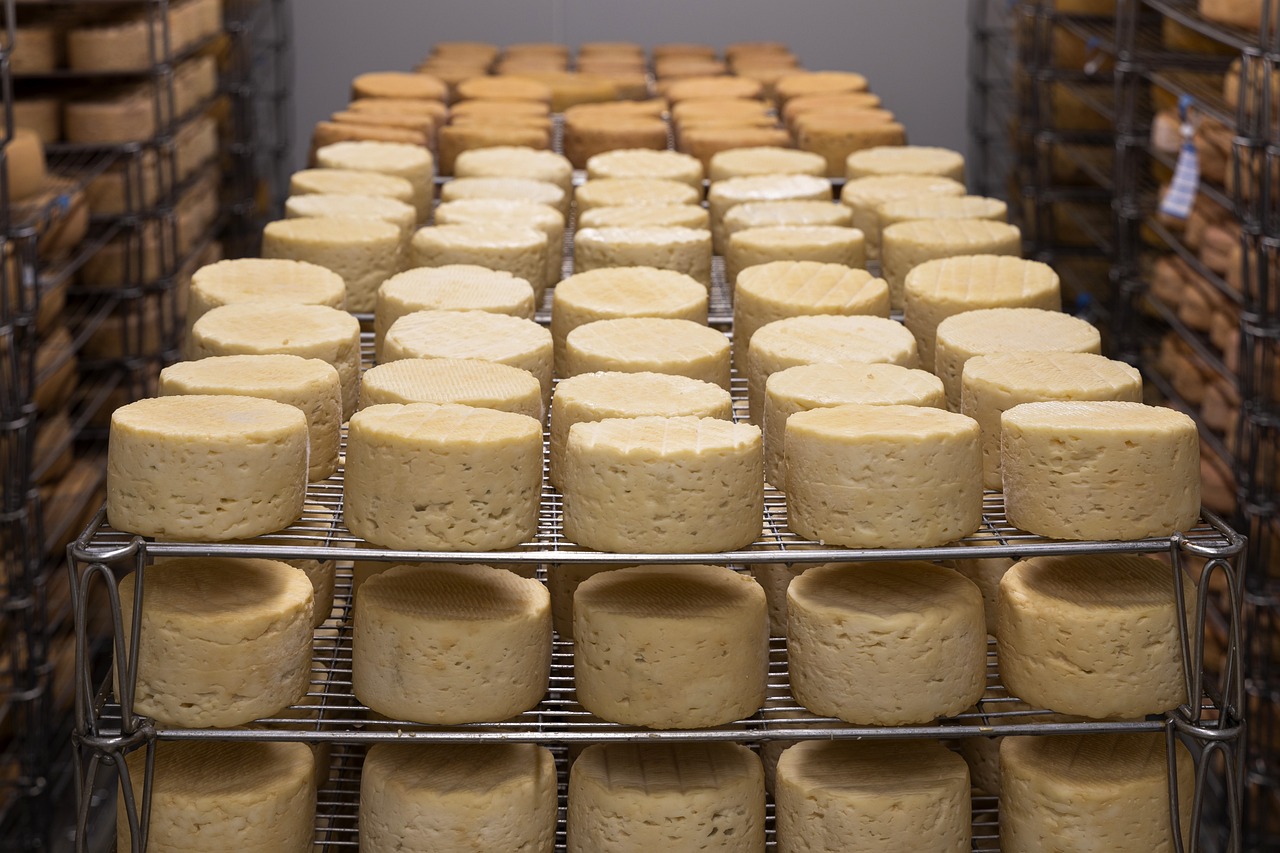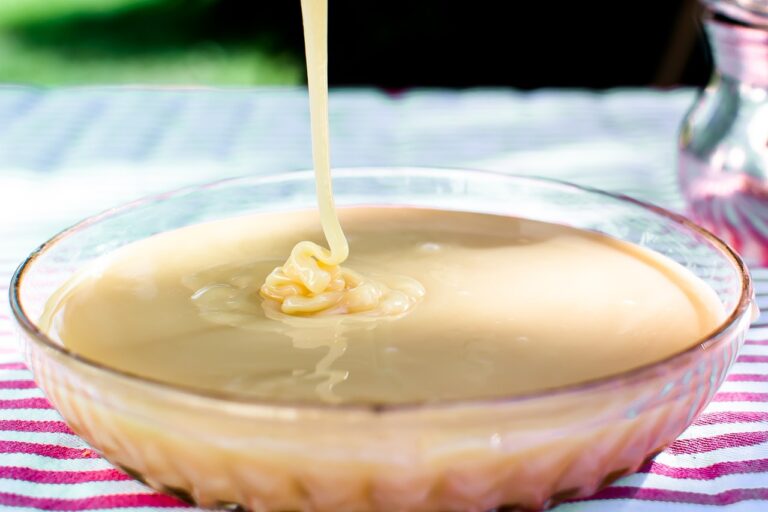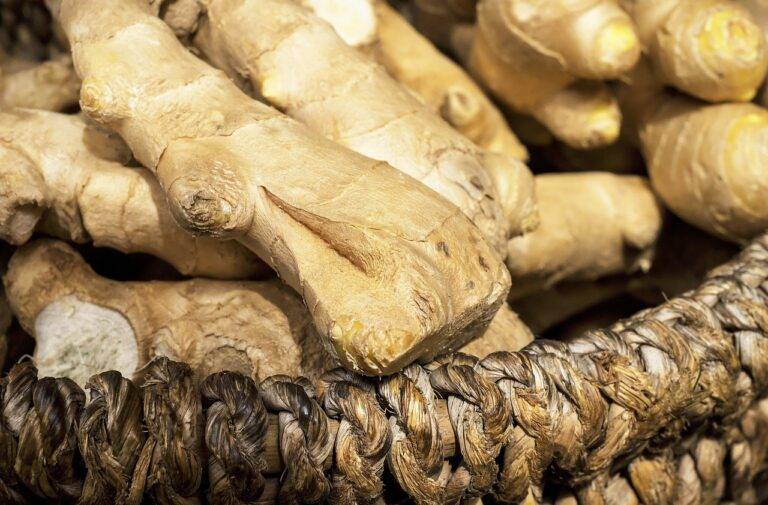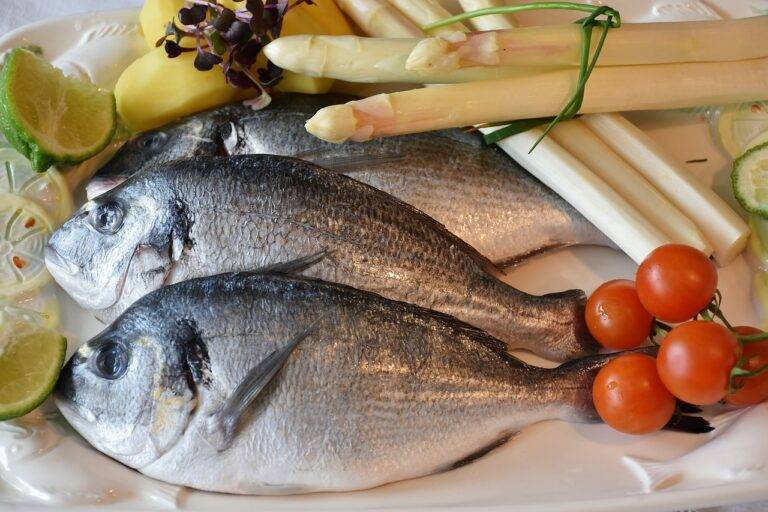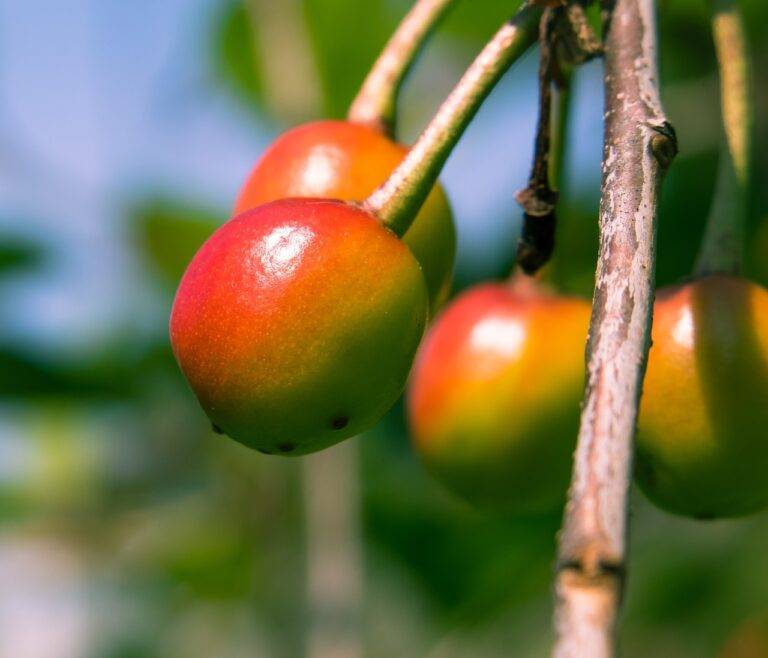The Significance of Food in Cultural Celebrations and Festivals
Food plays a central role in many festivals around the world. It serves as a symbol of unity, tradition, and celebration. In various cultures, specific dishes are prepared during festivals to honor religious deities, commemorate historical events, or simply to bring people together in joyous feasting.
These festival foods often carry a deep sense of cultural identity and are cherished for the memories and traditions they represent. Recipes are passed down through generations, ensuring that the flavors and techniques remain true to the heritage of the community. Whether it’s a special sweet treat enjoyed during Diwali in India or a savory dish prepared for Chinese New Year, festival foods hold a special place in the hearts of those who partake in these culinary traditions.
Traditional Recipes Passed Down through Generations
Traditional recipes passed down through generations hold a special place in many cultures, serving as a link to the past and a way to honor ancestors. These recipes often reflect the history and traditions of a community, showcasing the culinary expertise and creativity of previous generations. The act of passing down these recipes orally or through handwritten notes helps preserve cultural heritage and fosters a sense of continuity within families.
The ingredients and cooking techniques used in these traditional recipes are carefully preserved and maintained by each generation, ensuring that the flavors and aromas remain authentic and true to their origins. Family gatherings and festivals provide the perfect opportunity to showcase these treasured recipes, allowing younger members to learn from their elders and participate in the cooking process. The act of preparing and sharing these dishes fosters a sense of unity and belonging, connecting individuals to their roots and creating lasting memories.
Symbolism of Ingredients Used in Festival Dishes
During festivals, the ingredients used in dishes often hold deep symbolic significance. These ingredients are carefully chosen to represent various aspects of the culture or beliefs being celebrated. For example, the use of rice in many festival dishes symbolizes wealth, prosperity, and fertility. Additionally, the incorporation of certain spices such as saffron or turmeric can represent purity, joy, and good health.
Moreover, fruits like pomegranates and oranges are commonly used in festival recipes due to their symbolism of abundance and good luck. These fruits are believed to bring prosperity and happiness to those who consume them during the celebrations. The careful selection and preparation of ingredients in festival dishes not only contribute to the flavor but also add layers of meaning and tradition to the culinary experience.
Why is food so important in festivals?
Food plays a crucial role in festivals as it brings people together, symbolizes cultural traditions, and often has symbolic meanings attached to the ingredients used.
How do traditional recipes get passed down through generations?
Traditional recipes are typically passed down through oral tradition, written recipes, and hands-on experience in the kitchen with older family members teaching younger generations.
What is the significance of the ingredients used in festival dishes?
The ingredients used in festival dishes often have symbolic meanings related to the festival itself, such as prosperity, good luck, or blessings for the year ahead. These ingredients add an extra layer of meaning to the dishes served during the festival.

